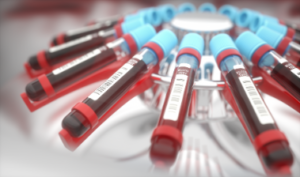
Does Not Smoking Mean You Won’t Get Lung Cancer? The Facts Say Otherwise
Many people believe that as long as they do not smoke, they can completely avoid the risk of lung cancer. While smoking is indeed the leading risk factor for lung cancer, non-smokers can also develop the disease. However, the causes in non-smokers are often different, typically related to environmental exposure, occupational hazards, and genetic factors.









